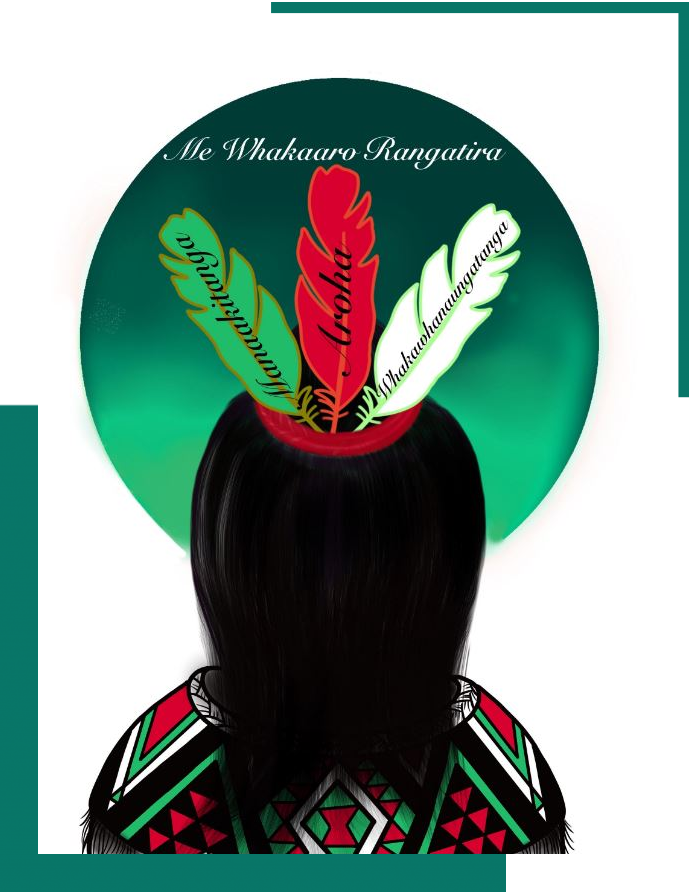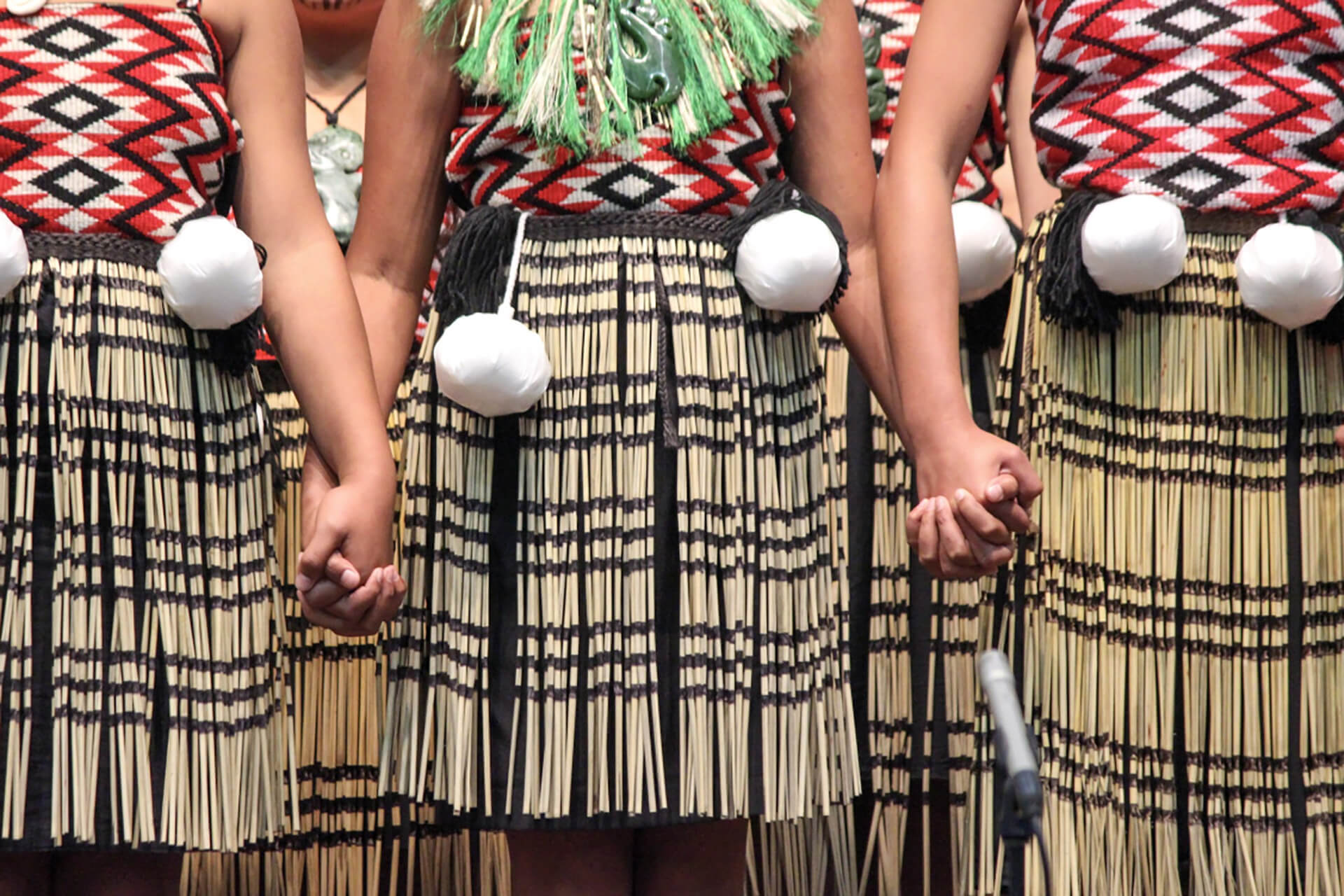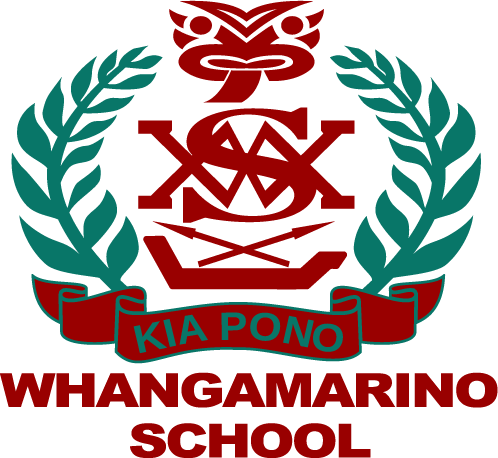Student Voice
Be kind to others and treat others the way you want to be treated.
Whakaaro Rangatira. Whakaute i ngā wa katoa. Tu hei akonga manawanui. Korero Māori. Awhi nga kaiako.
PB4L: Positive Behaviour for Learning School
We are a Positive Behaviour for Learning School. PB4L is all about teaching our tamariki the right behaviour, just like we teach any other subjects here at kura.
-
“If a student does not know how to read, we teach
-
If a student does not know how to swim, we teach
-
If a student does not know how to multiply, we teach
-
If a student does not know how to behave, we teach.”

PB4L School-Wide looks at behaviour and learning from a whole-of-school as well as an individual child perspective. The framework is based on international evidence.
It’s not about changing the students; it’s about changing the environment and practices we have in place to support them to make positive behaviour choices.
PB4L School-Wide is based on the Positive Behavioural Interventions and Supports (PBIS) framework developed at the University of Oregon in the 1990s. PBIS is now in thousands of schools across the United States and there are over 800 School-Wide schools in New Zealand.
Visit this website to find out more:
We hold PB4L whole school hui every Monday morning to announce the winners of our PB4L ticket winners. Tamariki are awarded tickets throughout the week if they are following our school values of Aroha, Manaakitanga and Whakawhanaungatanga.
Uara – Values
Whangamarino School has three amazing school values. They are: Aroha, Manaakitanga and Whakawhanaungatanga. These values underpin everything we do here at Whangamarino.
Throughout the term tamariki are awarded special PB4L Whakaaro Rangatira tickets and they are awarded prizes every Monday at our PB4L hui.
At the end of each term, we also acknowledge tamariki who have done a fantastic job of consistently demonstrating and ‘living’ our school values by awarding them with our PB4L prizes.
Please feel free to discuss our values with your child and talk to them about what type of things they could do at school to show they are living our values. It is also a great way to discuss your own family values with your children. We value parents and whānau as the ‘first teachers’ in a child’s life, so it is important that we help our tamariki to see the links and any similarities between what you and your whānau value and expect and what our school values and expectations are even if they may have a slightly different name or meaning within your whānau.

